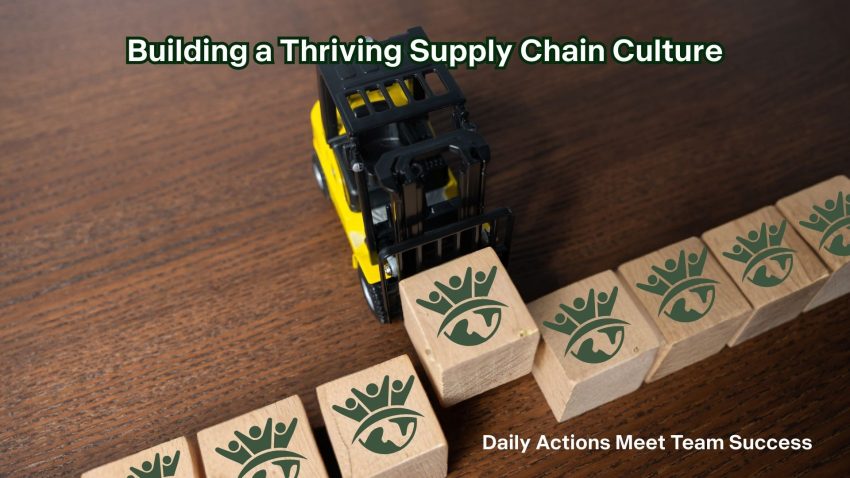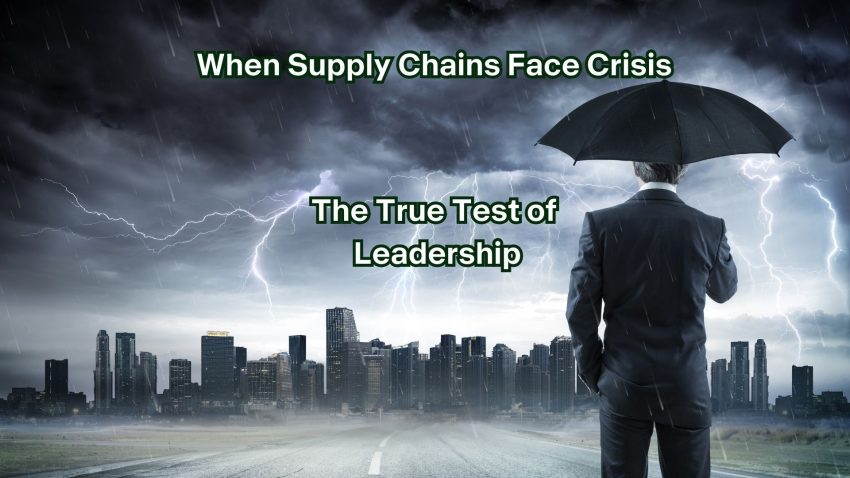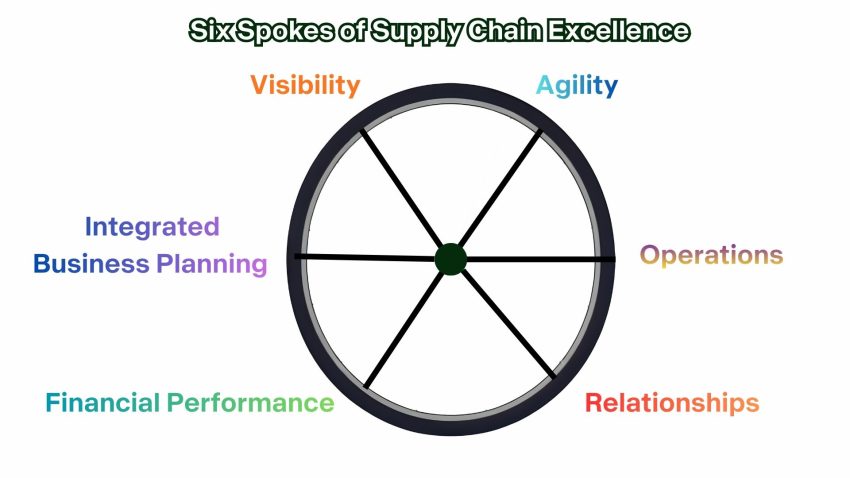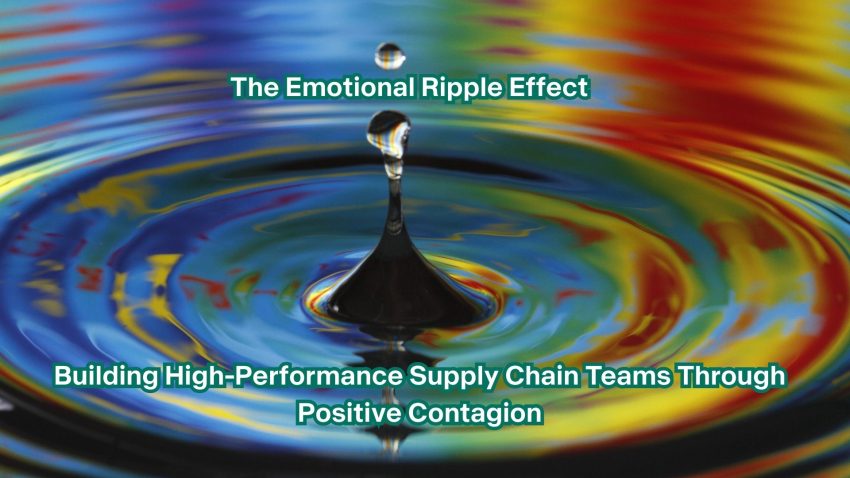In the complex world of supply chain management, technical expertise and operational efficiency often dominate the conversation. Yet the most successful supply chain organizations understand a fundamental truth: culture isn’t created by mission statements or team building events alone. It’s forged in the daily choices and actions of every team member, from the warehouse floor…
Category: Communication
The Courage Gap in Supply Chain
Peter Thiel‘s observation in “Zero to One” that courage is rarer than genius strikes at the heart of what holds back supply chain transformation. We’ve all sat in conference rooms filled with smart people who can articulate exactly what needs to change. The whiteboards fill with brilliant ideas about the projects such as system integrations,…
When Supply Chains Face Crisis: The True Test of Leadership
In his book High Ticket Selling, Dan Henry shares a profound insight that resonates deeply with anyone who has navigated the complexities of modern supply chain management: “The truth is, we are not defined by how we react in times of triumph but by how we react in times of struggle. Anyone can win when…
How to Hook Your Audience: A Supply Chain Leader’s Compass to Compelling Communication
As supply chain professionals, we often fall into a trap: we know our world is fascinating, but we struggle to make others see it. We talk about lead times, inventory turns, and logistics networks while our audience’s eyes glaze over. The truth is, supply chain isn’t boring but our storytelling is. After two decades leading…
Stop Talking, Start Walking: Taking Action in Supply Chain Management
Stop talking. Start walking. These four powerful words from L. M. Heroux capture a truth that resonates deeply within the world of supply chain management. In an industry where planning, strategizing, and analyzing consume countless hours, the real differentiator between success and stagnation is action. The Analysis Paralysis Epidemic Supply chain professionals face an overwhelming…
The Wisdom of Insecurity: Why Supply Chains Must Learn to Dance
Alan Watts once wrote that life is “all about balancing, not about being balanced.” For those of us who have spent years in the trenches of supply chain management, this insight resonates with particular force. We’ve been taught to pursue stability, to eliminate variability, to build fortresses of inventory and rigid contracts that promise predictability….
The Six Spokes of Supply Chain Excellence: Building a Balanced and Resilient Network
Just as Darius Foroux’s Six Spokes Theory emphasizes the importance of balancing body, mind, work, love, money, and play for an optimal life. I believe that the supply chain management requires a similar holistic approach. A truly resilient and efficient supply chain operates like a well-balanced wheel, with six critical spokes working in harmony to…
How Muhtar Kent’s Leadership Framework Can Be a Guide to Supply Chain Excellence
As supply chain professionals, we constantly seek proven frameworks that can elevate our operations from good to exceptional. Cem Kozlu’s insights in “Liderin Takım Çantası” (Toolbox of the Leader) offer a compelling perspective through Muhtar Kent’s leadership approach: the Leader-Strategy-People-Operations quartet. I find this framework particularly resonant for our field. Understanding the Quartet Muhtar Kent’s…
The Emotional Ripple Effect: Building High-Performance Supply Chain Teams Through Positive Contagion
In the fast-paced, high-stakes world of supply chain management, we often focus on metrics, processes and technology while overlooking one of the most powerful forces shaping our teams’ performance: emotional contagion. Behavioral scientist Peter Totterdell‘s groundbreaking research reveals a fascinating truth about workplace dynamics; when people work together, they literally infect each other with emotions…
Beyond the Desk: Why Supply Chain Leaders Must Embrace Field-Based Leadership?
“A desk is a dangerous place from which to view the world,” wrote master storyteller John le Carré, and nowhere does this observation ring truer than in modern supply chain management. In an era where global supply networks span continents and encompass thousands of touchpoints, the supply chain executive who remains tethered to their office…









